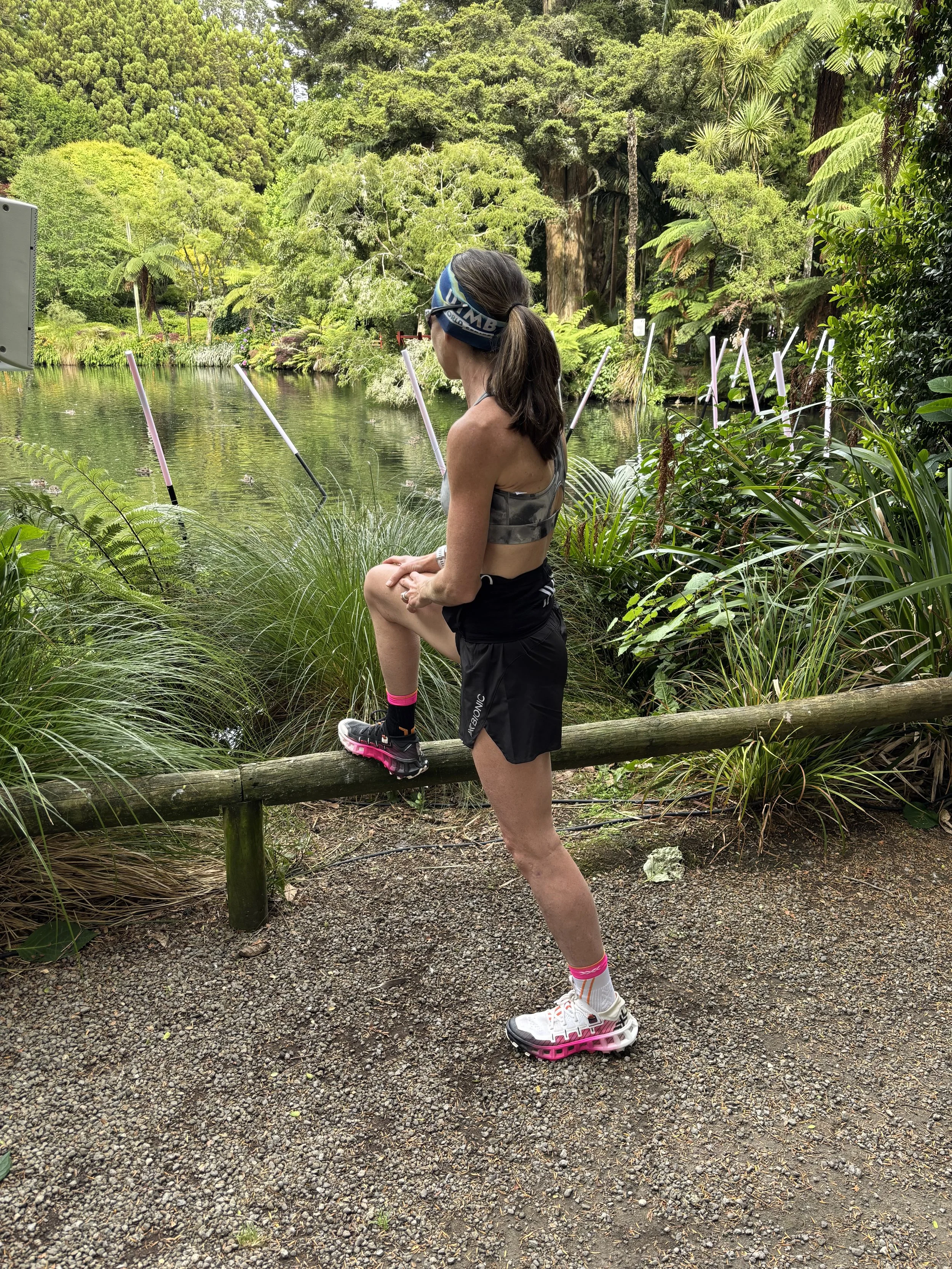When Running Isn’t Enough: Why Sometimes You Need More Than Miles
"Running Is My Therapy" — But Sometimes It’s Not Enough
If you’ve ever said, “Running is my therapy,” you’re in good company. For most of us, those miles on the trails or roads are like hitting a mental reset button. The fresh air, the rhythm of your feet, the surge of endorphins — it all adds up. As a busy working mom, starting my day with a run or a sweat helps me feel grounded and ready for whatever comes next.
Science backs this up. Beyond the feel-good rush of a good run, it also releases endorphins—what we often call the ‘runner’s high’—lowers stress hormones, calms your nervous system, and helps you sleep better. For mild stress or anxiety, it’s a powerful tool. But sometimes, running alone doesn’t quite cut it.
Why Running Isn’t Always Enough
Running can change your brain chemistry in many powerful ways, but it doesn’t always reach the deeper stuff — big life changes, past trauma, addiction, or serious anxiety and depression that does not just fade away with a run. Those feel-good highs might feel temporary when you’re stuck in cycles of difficult thoughts or feelings. Sometimes that’s enough. Sometimes it’s not.
Running can quiet your mind for a while but doesn’t teach you how to sit with or process the hard parts. When it becomes your only way to cope, running can shift from healing to avoidance. If you’ve ever heard someone ask, “What are you running from?” — and it hit harder than a cliché — maybe it’s time to ask yourself that question.
Asking For Help: My Story
I learned this the hard way last year when a serious injury and looming surgery kept me off my feet—and out of my running shoes—for longer than ever before. Running had always been my go-to for processing tough times, and suddenly, that option was gone. After months bouncing between doctors and specialists trying to figure out a recovery plan, I reached out to a sports-focused therapist and a mental performance coach. He helped me face and accept the real challenges I was experiencing—fear, loss, anger, and uncertainty—and guided me in building the mindset I needed to get through rehab. His support helped me put my injury into perspective and shift my focus to other parts of my life that were key to healing: my family, soaking in the beauty of a Colorado summer at a slower pace, and reconnecting with passions I’d lost sight of. I realized that while I had a long physical road ahead of me in terms of physical therapy and giving my knee the time it needed to heal, developing a resilient mindset was just as crucial.
How to Know When to See a Counselor
If you’re a runner using your sport to support your mental health, congratulations on finding something that often works! But if you’re wondering whether it’s time to dig a little deeper and try therapy, here are some signs that working with a licensed therapist experienced in supporting athletes might be helpful:
Your mood isn’t improving—or is getting worse—even with exercise
You feel stuck in negative thought loops
Anxiety or sadness is interfering with daily life or relationships
Running feels like your only way to avoid your feelings
You’re going through big changes, deeply impacted by past trauma, or trying to manage more significant mental health struggles
Therapy offers tools to help you understand and work through these challenges in ways running alone doesn't always provide.
Running + Therapy: Better Together
Running boosts your mood, builds resilience, and brings a sense of calm when life feels overwhelming. Therapy offers a safe space to unpack your story and develop lasting skills beyond the run. Together, they help you show up fully—both on the trail and in everyday life.
Final Thoughts
If you say, “Running is my therapy,” celebrate that it’s helping you. But if you find yourself running faster or farther just to outrun your feelings, it might be time to add another kind of support. Mental health isn’t just about endurance — it’s about self-awareness, growth, and sometimes asking for help. If you think it might be time to explore therapy, reaching out could be the bravest mile you run.

